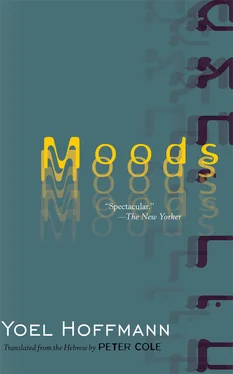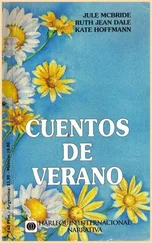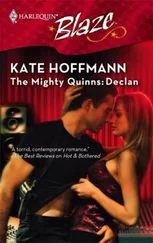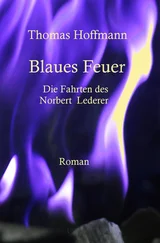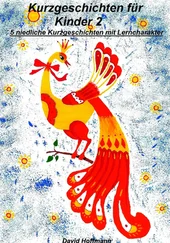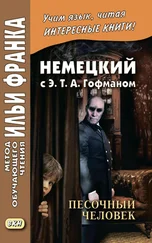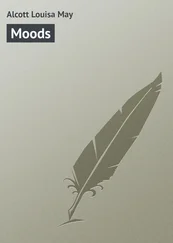How can it be that we walk around under the sky and nonetheless have an unconscious? Don’t believe these lies. The world is large and wide and has no measure. And all is revealed.
[110]
One is greatly tempted to end the book with these words, but we need to be wary of too much truth.
We don’t want to write (like the mystics) things that give off a whiff of sanctimony. We’re trying to write a kind of train schedule.
Or an owner’s manual. The sort of thing they distribute with appliances (like cell phones or pressure cookers), with instructions about how to operate them. Or something like the Kama Sutra.
True, all is revealed. But how is it revealed? It’s revealed in the form of a certain woman, or another woman, and in all sorts of colors and all kinds of clothes and types of closets, and the whole thing is endless.
Once, at a country inn, in Ireland, we were waiting for breakfast to be brought out and no one came. After an hour or so we went to the kitchen and found the owner fast asleep on a chair with a bottle of whiskey before him on the table.
[111]
Elsewhere, on the east coast of England (in the town of Great Yarmouth), the owner of the bed and breakfast was overly attentive. She called her vacuum cleaner by its first name (“Henry”) and put out seven kinds of cereal for breakfast.
We also remember the Hyatt Hotel in the Philippine city of Bangui. We were tended to there by women with names like Charity, Faith, and Honesty.
As for the rats at Hotel Long Spring, in Mekong (Taiwan), we’ve already written about them in another book (it’s hard to believe that, in the entire history of world literature, the same rats have been mentioned in two different books).
This is the great diversity one finds in the world of hotels. Like a paint company’s catalogue of colors.
[112]
We can’t quite remember if we’ve already spoken about how Mr. Cohen from the Austrian old age home would raise a toast to the Emperor, Franz Josef.
Mr. Cohen was already a hundred, give or take, and was still sending letters of encouragement to the Emperor’s son (or grandson). Every year on the Emperor’s birthday he’d buy a bottle of champagne and go to my father’s room and there they’d drink to him (that is, to the Emperor) or, more accurately, to his memory. My father wasn’t a royalist, but he did like his liquor.
We, on the other hand, are of the opinion, like Mr. Cohen, that the monarchy should be restored. Not only in Austria. Everywhere.
And that the words of the prayer Avinu Malkeinu (Our Father Our King) should be offered up in both directions. And though the prayer is cast in the masculine form, we’d rather see women reign in both places (in heaven, that is, and on earth).
[113]
My father Andreas liked to play tricks on people. Mostly on his sister, my Aunt Edith.
Every year, on April 1, he’d come up with another prank. Once he started muttering strange syllables and wrote a note to my aunt saying that he had vowed from that day on to speak only Mandarin. Another time he borrowed a tallis and prayer book from the gardener at the old age home, and when my Aunt Edith came to his room he wrapped himself in the tallis and called out in a loud voice and mimicked the chanting of the cantor and the prayers. My Aunt Edith was as innocent as a flock of lambs and it never occurred to her that her brother was playing a trick on her.
Sometimes we too (which is to say, I) thought that he’d lost his mind, like the time that he tossed a thin book into the air, as though he were throwing a boomerang, and shouted “Balthazar.” We had no idea who Balthazar was but since my father repeated this act some twenty times or more we remember the name to this day.
When he was serious, he was too serious. But that’s already another story.
[114]
We’re asking ourselves what the point of this book is or of books in general.
We’ve never seen books classified by genre. That is, we’ve seen them classified, but not correctly. What’s the point of classifying books as fiction or contemplative literature, for instance, when fiction is part and parcel of contemplation and contemplation is entirely a matter of fiction?
Or take, for instance, science books. These aren’t stories? Accurate ones. But stories nonetheless. Or the distinction between biographies and novels. Is there a biography that isn’t a novel? Or a novel that isn’t the story of a life?
If books are going to be classified by genre, it should be done in an entirely different manner. First, one has to distinguish between happy books and sad books. Not books that make one happy or make one sad. Happy books, plain and simple. A book that can laugh or smile or cry. The book itself. The reader can behave however he likes.
Critics, for example, cry at the sight of happy books and are happy in the face of books that cry. The marble-like faces of academicians are summoned before books of every sort. No wonder most of them (that is, most of the books) get offended.
Apart from the classification by feelings, it’s also possible to classify books by subject matter. The principal group here would be books about pelicans. Or a large group of books about shoreline rock formations. Here too there are secondary classifications (such as pelicans according to their coloration or shore formations according to their shape, and so forth). But better to classify them (that is, the books) by their feelings.
[115]
At first glance this book would seem to be a hybrid. That is, a book that sometimes laughs and sometimes cries. But in fact (as the logicians say), it’s laughing and crying at once, and to the same degree.
The protagonist of this book is the human being. God is a minor character. And so it (that is, the book) is a total failure, since it never really gets to the heart of one or the other. If it were printed on thinner paper we’d suggest the reader use it for rolling cigarettes. The smoke would write the book in the air as it really is.
My father (Avraham Andreas) knew how to blow smoke rings. Much to our amazement he could smoke an entire cigarette without it falling apart. That is, the whole thing would turn into one long tube of ash, and he wouldn’t have to tap it — not even once — on the ashtray.
[116]
When we took him (that is, my father) by taxi for an x-ray, a pickup truck drove in front of us and a large Doberman sat in the back of the vehicle.
Throughout the trip the dog was looking at my father and my father looked at the dog until we got to the hospital. There they told us that a large spot had been found on my father’s abdomen (he was already 86), but, out of courtesy, they didn’t mention the word cancer.
On the way back to the old age home the same pickup truck was driving ahead of us (we recognized the license plate number) but the dog was no longer there. When we got to his room, my father put one string quintet or another on the record player, poured himself a glass of cognac, and said: You don’t need to tell me. I know. It’s over.
[117]
At night we hear the jackals and the moon is twice as large. Wild boars come up to the fence and dogs bark. We see the silhouette of the mountain over the house. The mountain itself is black.
This is the Philharmonic of the Galilee’s Hills. Immigrants from Morocco and Russia, the Druze and the Christians and the Muslims, all have subscriptions to this orchestra.
Citizens of Tel Aviv sit, shut in a hall, in rows, their backs straight, and listen to their own concert. All is finely crafted. Movement by movement. The musicians come in at just the right time. The conductor waves his hands like one of those miserable souls afflicted with an obsession for order and cleanliness. The Galileans, on the other hand, lie down, each in his bed, on the enormous stage of a much greater concert.
Читать дальше
